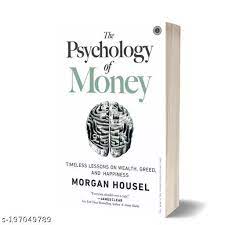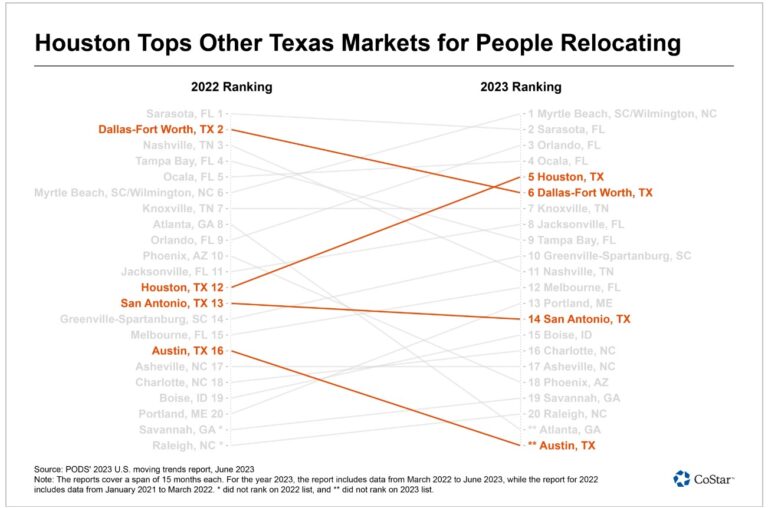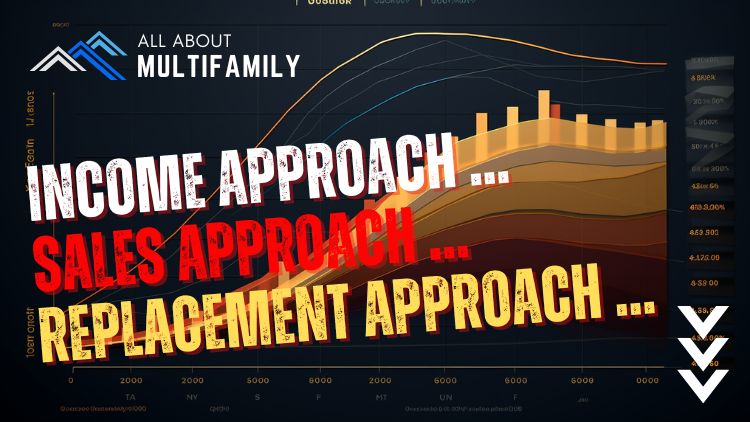“The Psychology of Money” by Morgan Housel is a book that delves into the complex and often irrational relationship humans have with money. Here are some key takeaways from the book:
- Wealth Is Not Just About Money: The book emphasizes that wealth is not solely about the amount of money you have, but also about having the ability to do what you want with your time. It’s the freedom and security that money provides that truly matters.
- The Power of Compounding: The book underscores the incredible power of compounding over time. Small, consistent investments can lead to substantial wealth over the long term, highlighting the importance of starting early and staying patient.
- Behavioral Economics and Biases: Housel discusses various psychological biases that influence our financial decisions, such as loss aversion, overconfidence, and herd behavior. Understanding these biases can help us make more rational financial choices.
- Role of Luck: The book emphasizes the role of luck in financial success. While individual actions and decisions matter, luck also plays a significant part. Recognizing this can lead to more humility and realistic expectations.
- Adapting to Change: The author highlights the importance of being adaptable and open to change. Economic and personal circumstances evolve, and our ability to adjust to these changes often determines our financial well-being.
- The Value of Frugality: Housel explores the concept of “getting rich slowly” through frugal living and disciplined spending. Living below your means can provide financial security and reduce the pressure to constantly chase higher earnings.
- Avoiding Complexity: Simple financial strategies often outperform complex ones. The book advises against getting caught up in overly complicated investment schemes or strategies.
- Defining “Enough”: The idea of “enough” is crucial. Recognizing when you have reached a point where additional money won’t significantly improve your life can lead to better financial decisions and reduced stress.
- Comparisons and Social Pressure: Housel discusses how people tend to compare themselves to others and succumb to social pressures, which can lead to poor financial choices. Focusing on your own goals and values is key.
- Emotional Resilience: Developing emotional resilience in the face of financial setbacks is important. The book highlights how our reactions to financial challenges can impact our long-term outcomes.
- Long-Term Thinking: Housel emphasizes the value of thinking long-term in a world often obsessed with short-term results. Patience and delayed gratification are essential for building sustainable wealth.
- Financial Education: The book suggests that improving financial literacy is essential. A better understanding of financial concepts can lead to more informed decisions and reduced vulnerability to financial pitfalls.
Overall, “The Psychology of Money” explores the intersection of money, psychology, and life. It encourages readers to reevaluate their relationship with money, make decisions based on a deeper understanding of their goals and biases, and approach wealth in a more holistic and rational manner.














































![An In-Depth Look at Jake and Gino's Coaching Program [A Review]](https://allaboutmultifamilyinvesting.com/wp-content/uploads/2023/10/AAM-BMP-Blog-Covers-750-×-422px-6.jpg)


![Email Marketing Tips for Multifamily Real Estate Syndicators to Raise Capital [Templates included]](https://allaboutmultifamilyinvesting.com/wp-content/uploads/2023/09/AAM-BMP-Blog-Covers-750-×-422px-4.jpg)






![The Richest Kids In America [Book Review]](https://allaboutmultifamilyinvesting.com/wp-content/uploads/2023/09/AAM-BMP-Blog-Covers-750-×-422px-84.jpg)
















